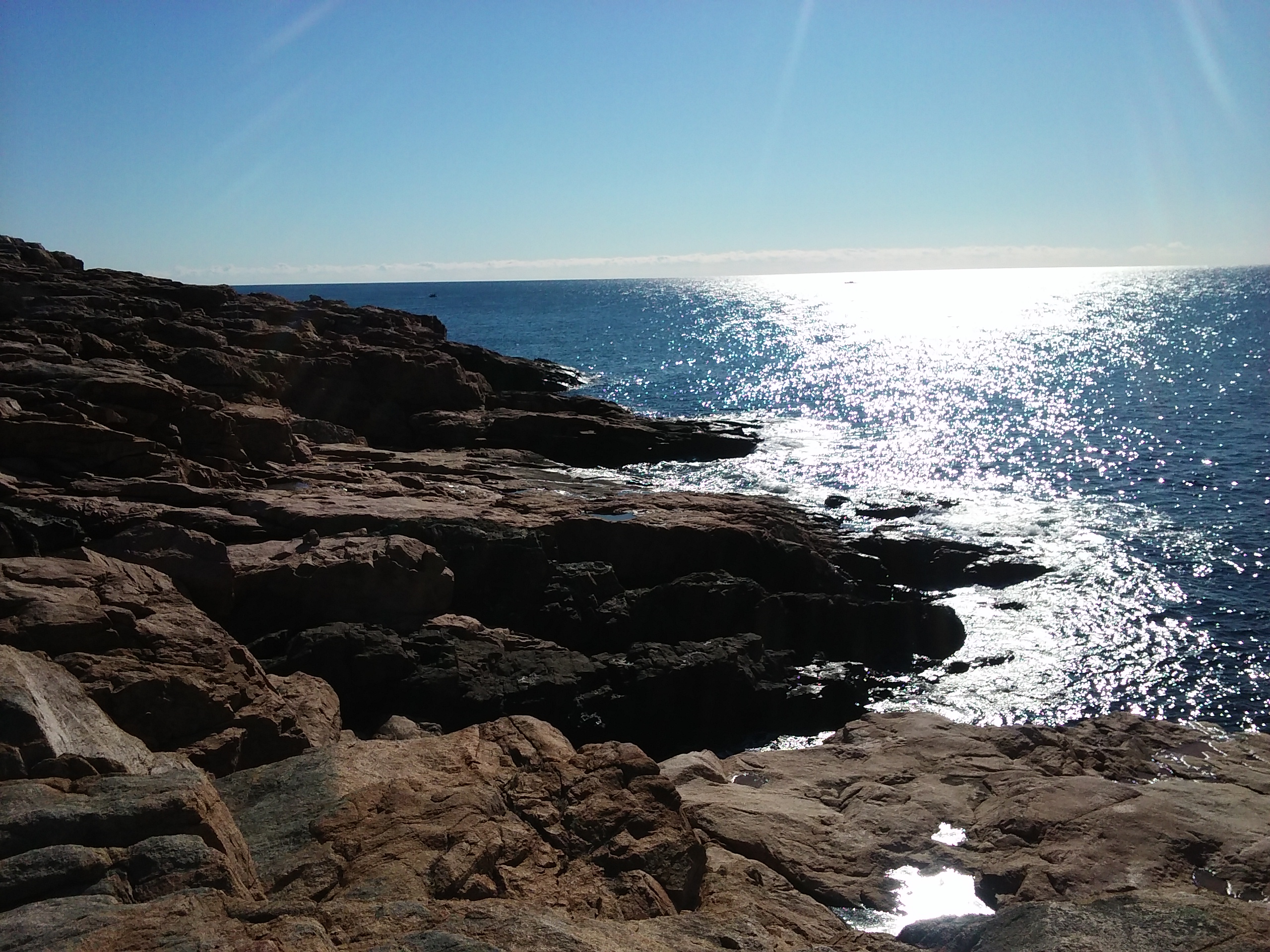Creation Myth
 Every culture has its own creation myth. Ours is that the world was created in six days and the first humans were Adam and Eve. The Apache Indians have Changing Woman who was impregnated by the sun and gave birth to Nayé Nazghane, Slayer Of Monsters. The Norse people have Odin and Ymir … the Ancient Greeks, Gaia. But I would like to tell you guys how we really got here, and why. If you like, you may call this Andrew’s creation myth.
Every culture has its own creation myth. Ours is that the world was created in six days and the first humans were Adam and Eve. The Apache Indians have Changing Woman who was impregnated by the sun and gave birth to Nayé Nazghane, Slayer Of Monsters. The Norse people have Odin and Ymir … the Ancient Greeks, Gaia. But I would like to tell you guys how we really got here, and why. If you like, you may call this Andrew’s creation myth.
Long, long ago, in a place of no time and no space, existed an entity. As far as The Entity knew, It just WAS, and always had been. Before the universe we inhabit existed, before time existed, before space existed, It WAS. Within The Entity were the powers of creativity and It knew of their existence, but the ways to produce them were unknown to It. The entity existed in a State of Being, but without a means to find an expression for that Being.
We were within Its dreams, and while still within Its dreams, It gave us consciousness. The Entity felt pressure from us, the conscious but still only probable selves who found ourselves in a God’s dream. To release us would give us actuality, but it would also mean losing a portion of Its consciousness—a portion of Itself. With love and longing, It let us go. We exploded in a flash of creation.
We were still in a place of no time and no space. Therefore, we created time and space. We created our universe and many other universes and dimensions. But I will speak only of the universe we inhabit.
We populated what we had created with a portion of ourselves. We created the stars and the planets. Because we existed in a place of no time, the eons upon eons that it took for the cosmic dust to congeal into stars and for the planets to cool was less than a day to us.
To paraphrase the Bible, we looked upon what we had created and saw that it was good. However, we were not done with our creating; after all, that is why we separated from our brother—we are the expression of Its Being.
Once the planets had cooled enough to support life, we created their ecosystems and injected a portion of ourselves into them. We started the process called life.
After countless millennia, the life forms on the various planets were at a stage of development that we could dwell in them and experience the physical realm. Because we are of this star system, of the planet known as Earth, I will speak of the events that took place here, although similar things took place on other planets, in other star systems.
Once we had life up and running, we would inject ourselves into the various animal life forms to feel the sensations known only on the physical plane. The warmth of the star upon the bodies of those we inhabited, to run through the tall grass, to feel the caress of wind upon our borrowed bodies, would thrill us to no end. Sometimes we would reside in a giant tree and experience its being for hundreds of years. Time meant nothing to us. We were gods. However, over time, we stayed on the physical plane for longer and longer periods; we did not leave to go back to our place of No Time. We did not go home. We had eaten of the forbidden fruit.
Because time meant nothing to us ... because we tarried too long in the bodies that we had brought into existence … some of us soon found that we could not extricate ourselves when so desired. In a time long forgotten, we had become mired in the physical. This was the fall of mankind as metaphorically described in the first chapter of Genesis.
The portion of us who stayed in our place of no time came to the rescue of those who could not return. They tweaked the DNA of an animal that today is known as Neanderthal Man. After many, many generations, what was once an animal was ready to house those stuck in the physical. From then on, we would inhabit only that creature. We had created human beings.
Thus started the process of returning home. The entity that gave us existence loves all that we have created down to the least. It celebrates the dearness and uniqueness of each consciousness. It is triumphant and joyful at each development, of each individual. It revels and takes joy in the slightest creative act of each of us.
Every life we live is a step closer to home. Each life—when completed—is a gift to our brother, our creator. Our experiences allow It to BE. Our creative acts are the expression of Its Being. Genesis states we were made in our creator’s image. Yes, we were. We are creators also. It’s what we do.
We cannot help but create. We create every moment of our existence. We create music, we create stories and call them books, or movies, or perhaps songs. We create art … we create while at our daily jobs. We create fine meals and not-so-fine meals. We create love and we create hate. Every choice we make during every day of our lives is an act of creation. Choosing to turn on your computer is an act of creation. Deciding to get out of bed in the morning is an act of creation.
We are all a part of the entity we call God, not apart from It. We have no choice but to create. It is in our being. So, as long as we are creating, why not create a better world starting with that little corner of the world that we each inhabit? You’d be surprised. All those little acts of creation add up, and the next thing you know, you’ve created a universe—a universe of love.








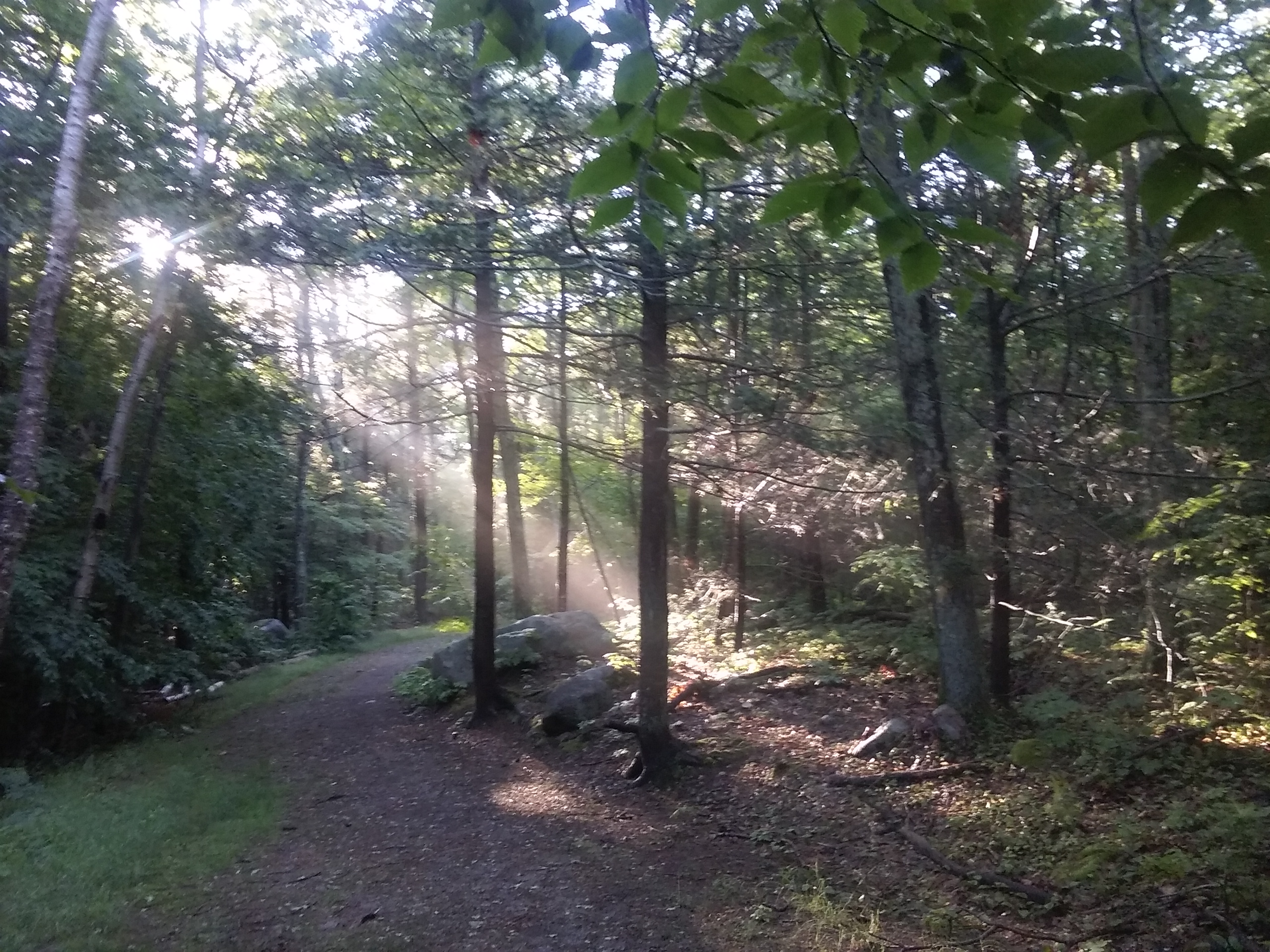
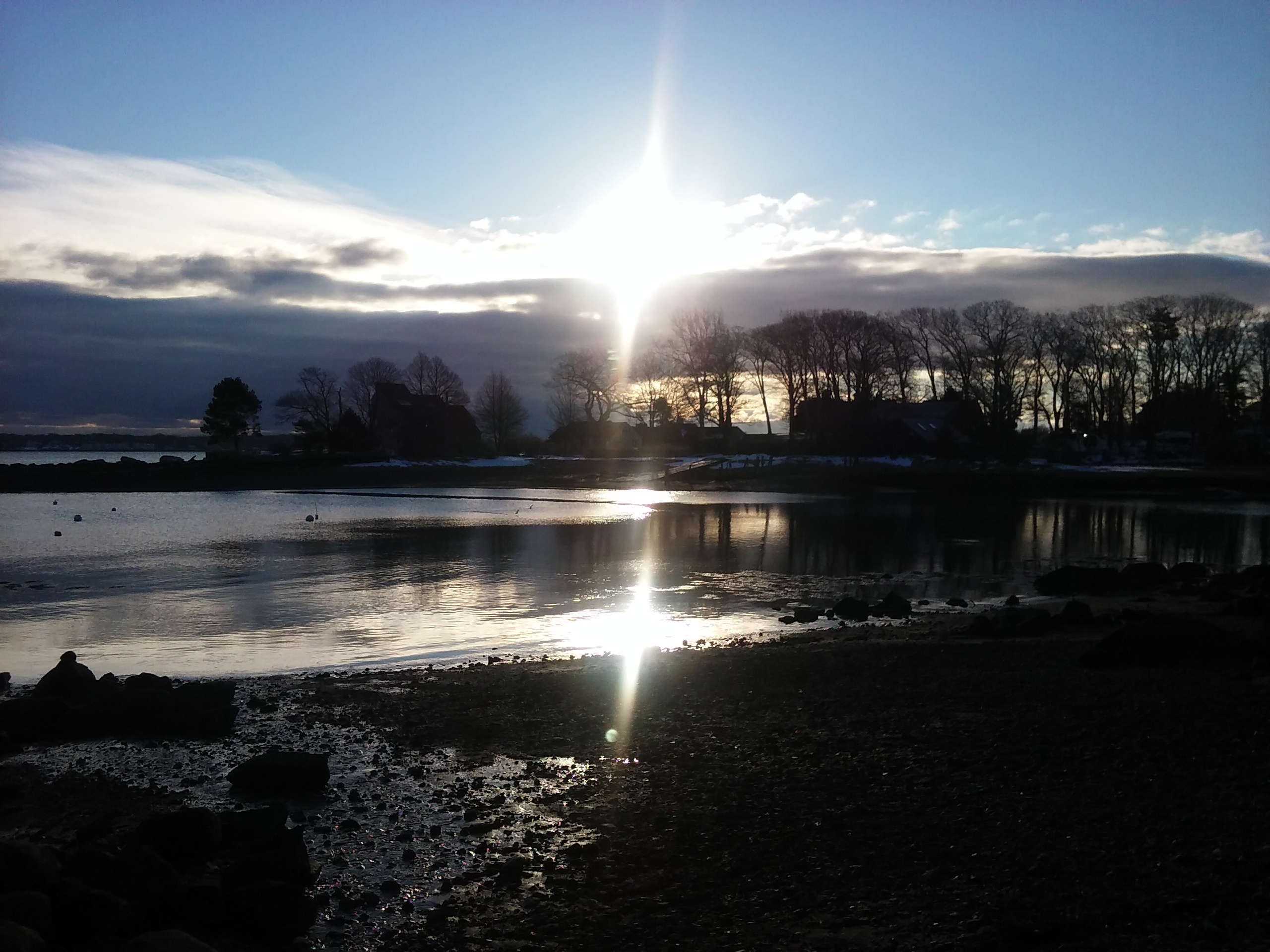
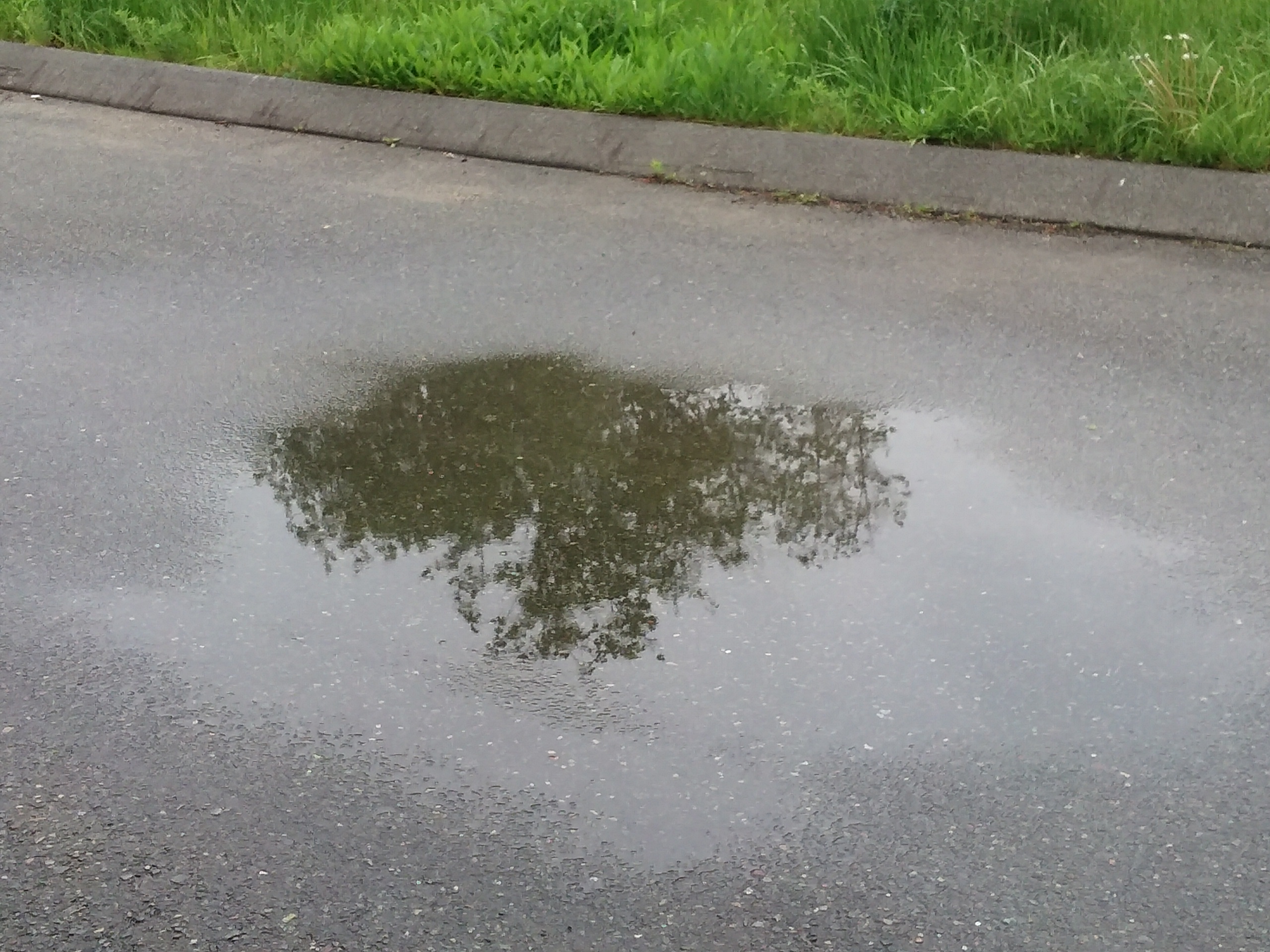
 Yesterday was Memorial Day. It was a beautiful day. The sun was shining, the temperature perfect. So, I decided to take a walk in the park.
Yesterday was Memorial Day. It was a beautiful day. The sun was shining, the temperature perfect. So, I decided to take a walk in the park. His village sits at the mouth of the Touloukaera River. Touloukaera means life giving in the Tequesta language. Aichi is awake early this morn. It is still dark as he paddles his canoe across the short expanse of water that leads to the barrier island to the east.
His village sits at the mouth of the Touloukaera River. Touloukaera means life giving in the Tequesta language. Aichi is awake early this morn. It is still dark as he paddles his canoe across the short expanse of water that leads to the barrier island to the east.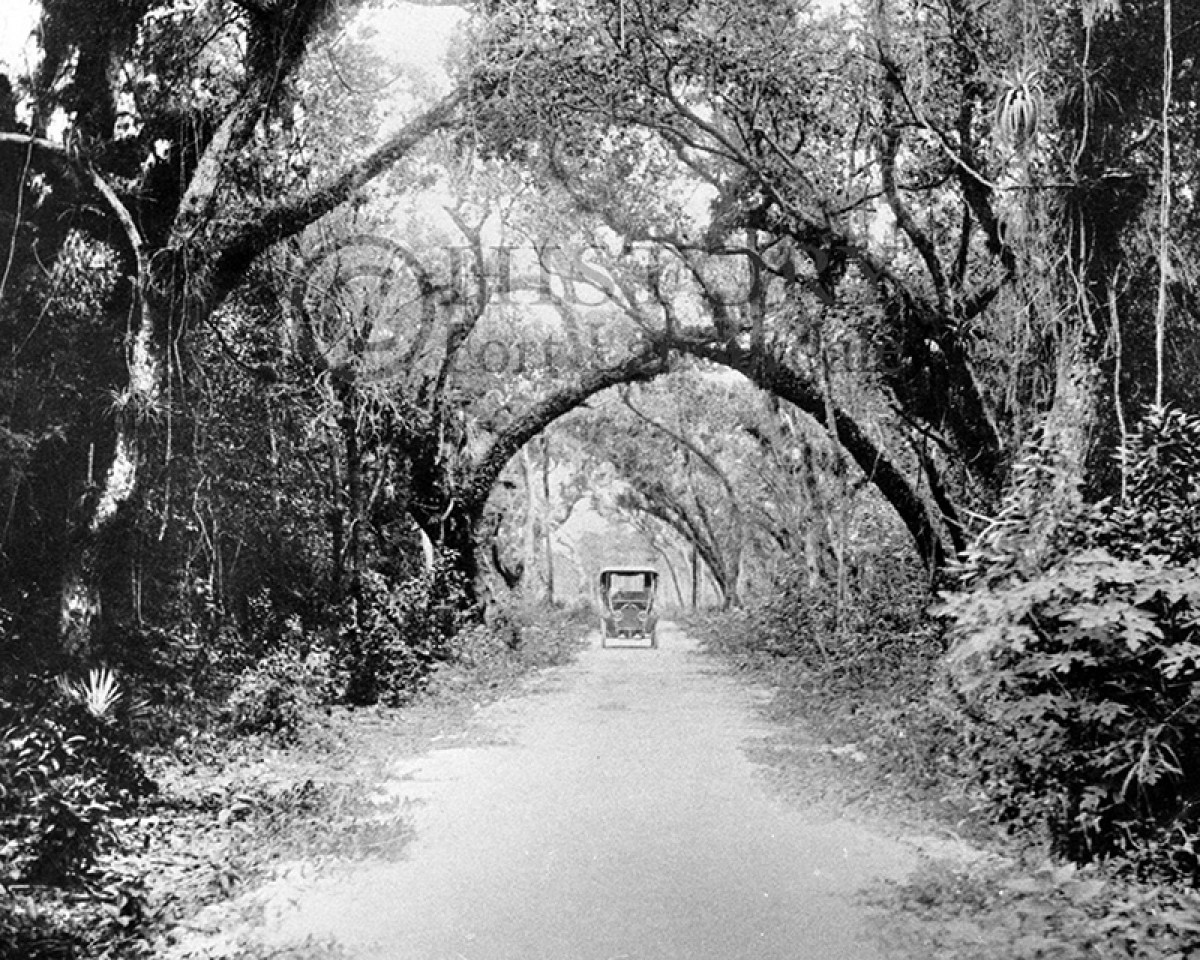 There are no roads into Fort Lauderdale until 1892, when a single road linking Miami to the south and Lantana to the north is cut out of the mangroves. In 1911, Fort Lauderdale is incorporated into a city.
There are no roads into Fort Lauderdale until 1892, when a single road linking Miami to the south and Lantana to the north is cut out of the mangroves. In 1911, Fort Lauderdale is incorporated into a city.


